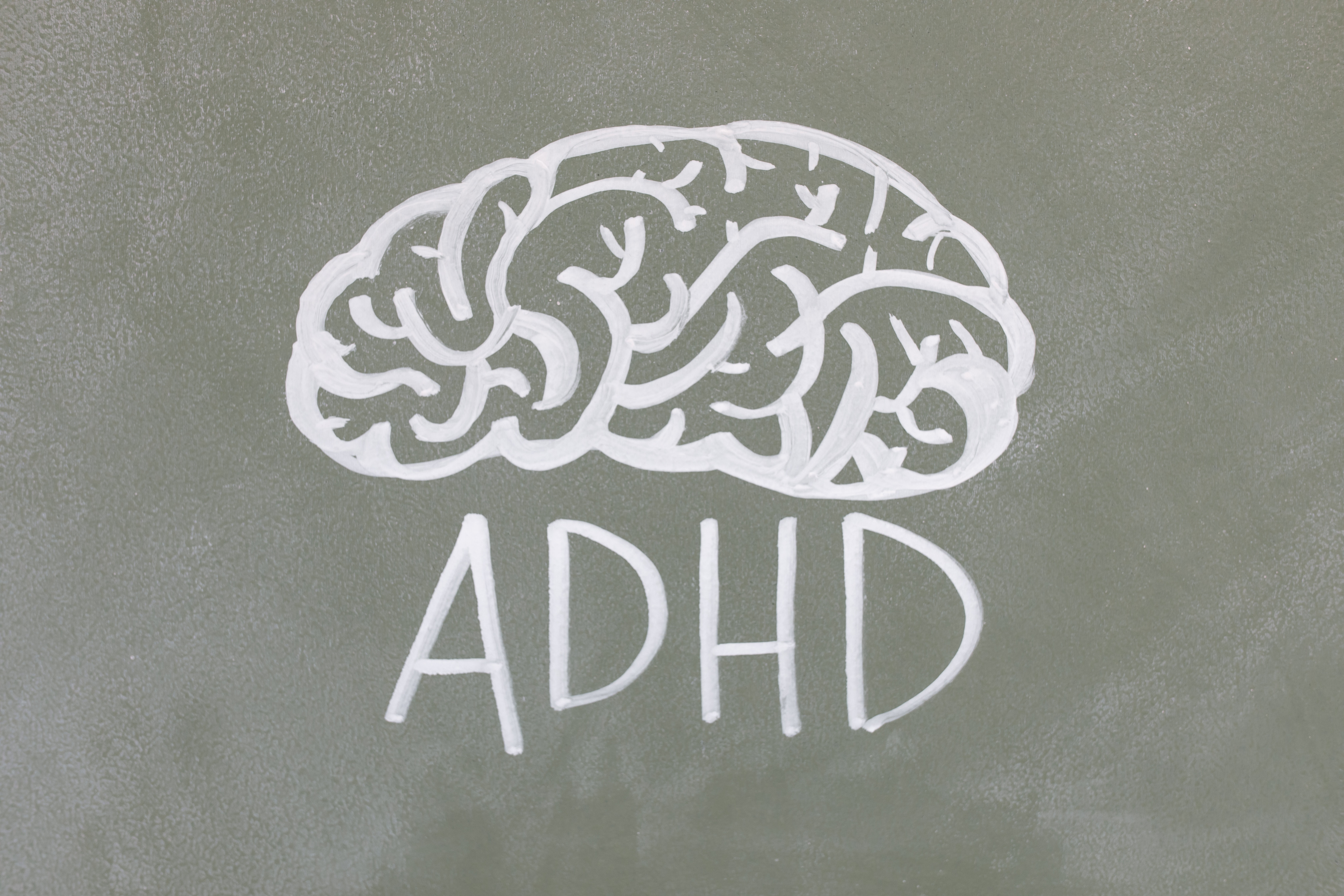Executive Function: Common Challenges for Children with ADHD

If your child has been diagnosed with attention deficit hyperactivity disorder (ADHD), you may have heard the term executive function. Executive function refers to a set of cognitive skills that humans use to function in several areas of our daily lives. These skills help us to function socially, emotionally, and to complete academic or work-related tasks. Children gradually develop these high-level skills over time, however many children with ADHD have difficulty with these skills. They may demonstrate shortfalls in one or more areas of executive functioning which can cause difficulty in their ability to interact in social situations and succeed academically. By identifying which functions cause your child the most challenges, you can request help from your child’s school and therapist to help them to develop skills that will increase their ability to succeed socially and academically.
Areas of Executive Function
- Activation
Activation skills include time management, motivation, and organization. Children with challenges in this area have a hard time beginning a task because they might be overwhelmed by it and unsure about where to begin. For instance, if you ask your child to clean their room they might not be able to break the chore into smaller tasks such as making the bed, putting their clothes away, etc. They might also have problems estimating how long a task will take, prioritizing tasks, and pacing themselves in order to accomplish a task. They may run late for activities or appointments, procrastinate, and be in a rush because they haven’t allotted enough time to complete something. They also tend to misplace items such as backpacks, homework, and phones. These difficulties tend to cause endless frustration for parents because they may find themselves asking their child to clean their room repeatedly and it seems like their child is intentionally ignoring the request.
- Focus
Most people recognize that focus is a difficulty for children with ADHD. They are often distracted by what is going on in their environment but also by their own thoughts. It can appear as if they are “zoning out” or daydreaming. Children with challenges in this area also have difficulty recognizing when they are getting off-track in meeting a goal. For instance, they might make a checklist of tasks to complete but forget to check items off as they go. They might also forget to check their work before turning it in or miss errors on assignments and be surprised when they get a bad grade.
- Effort
Many children with ADHD have difficulty maintaining mental effort for extended periods of time. They may hate studying or doing homework because it requires sustained mental effort. Many kids with ADHD have issues with alertness and often have a hard time waking up in the morning.
- Emotion
Emotional control is the ability to manage and respond to our emotions in order to complete tasks. Children with emotional control challenges may experience quick changes in their emotions and have difficulty bouncing back from negative emotions such as frustration. When a child with ADHD experiences strong emotions, they can feel as if the emotion has completely taken over and it is difficult to focus on anything other than that emotion. This can cause inappropriate behavior at school or at home which can impact social relationships.
- Memory
Working memory refers to our ability to hold or retain important information to use later. Children with memory challenges may abandon a task before it’s completed, forget directions, and forget to turn in assignments. Many people with ADHD report that they can easily remember events from a long time ago, but have difficulty recalling more recent information such as where they put their backpack or what their parent just asked them to do.
- Action
Many children with ADHD struggle to regulate their behavior and have difficulty with impulse control, which is the ability to think before acting. If your child frequently interrupts others or tends to blurt out whatever is on their mind they might have some issues with impulse control. Children with shortfalls in this area may also engage in risky behavior because it is difficult for them to think about the consequences of their actions.
A child with a diagnosis of ADHD might have challenges in a number of areas that make it difficult to manage daily tasks at school and at home, however executive functions are skills that children can develop and improve upon through positive intervention that takes into consideration their strengths and abilities. Check out next week’s blog to learn some ways to help a child develop these important skills.
Written by: Melanie Phillips, LCSW